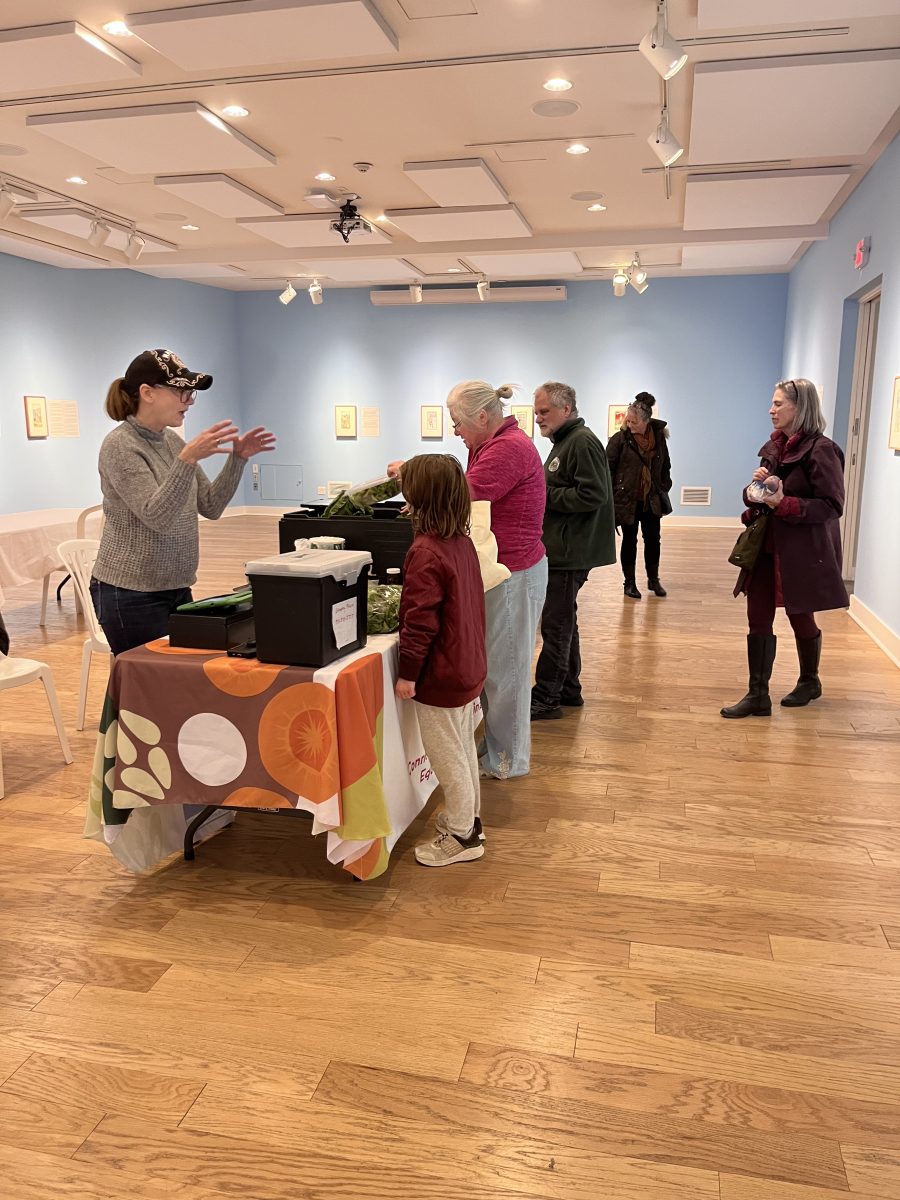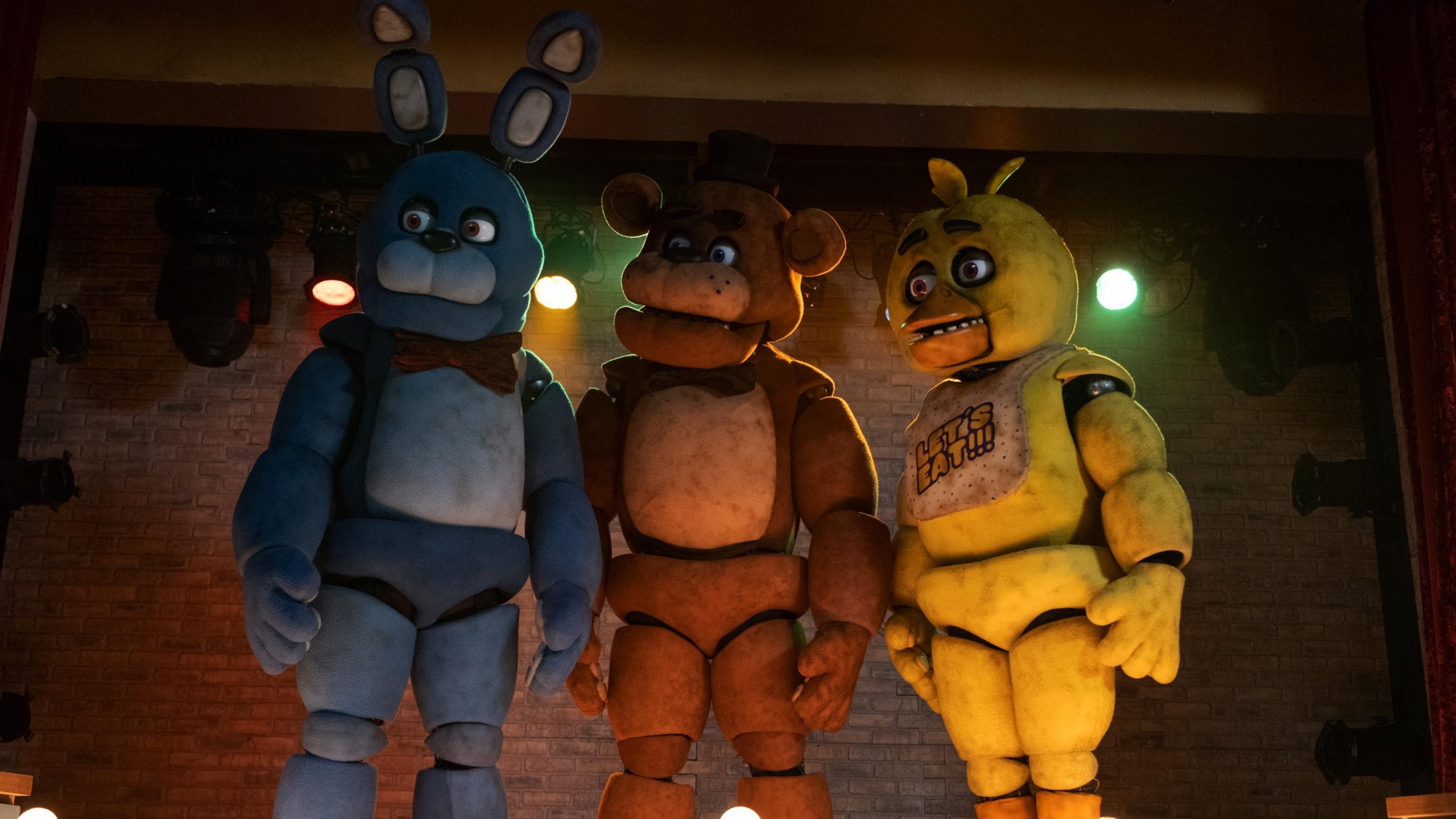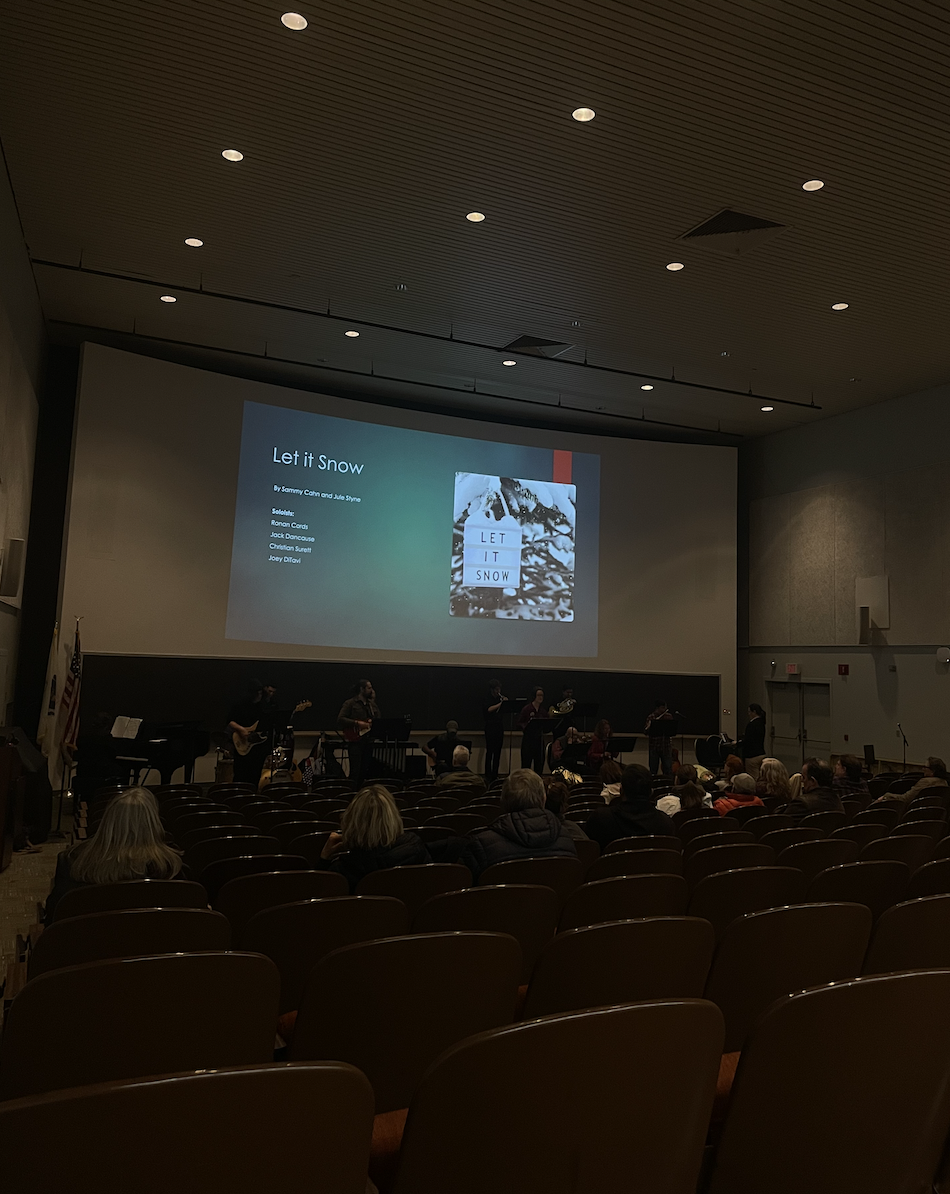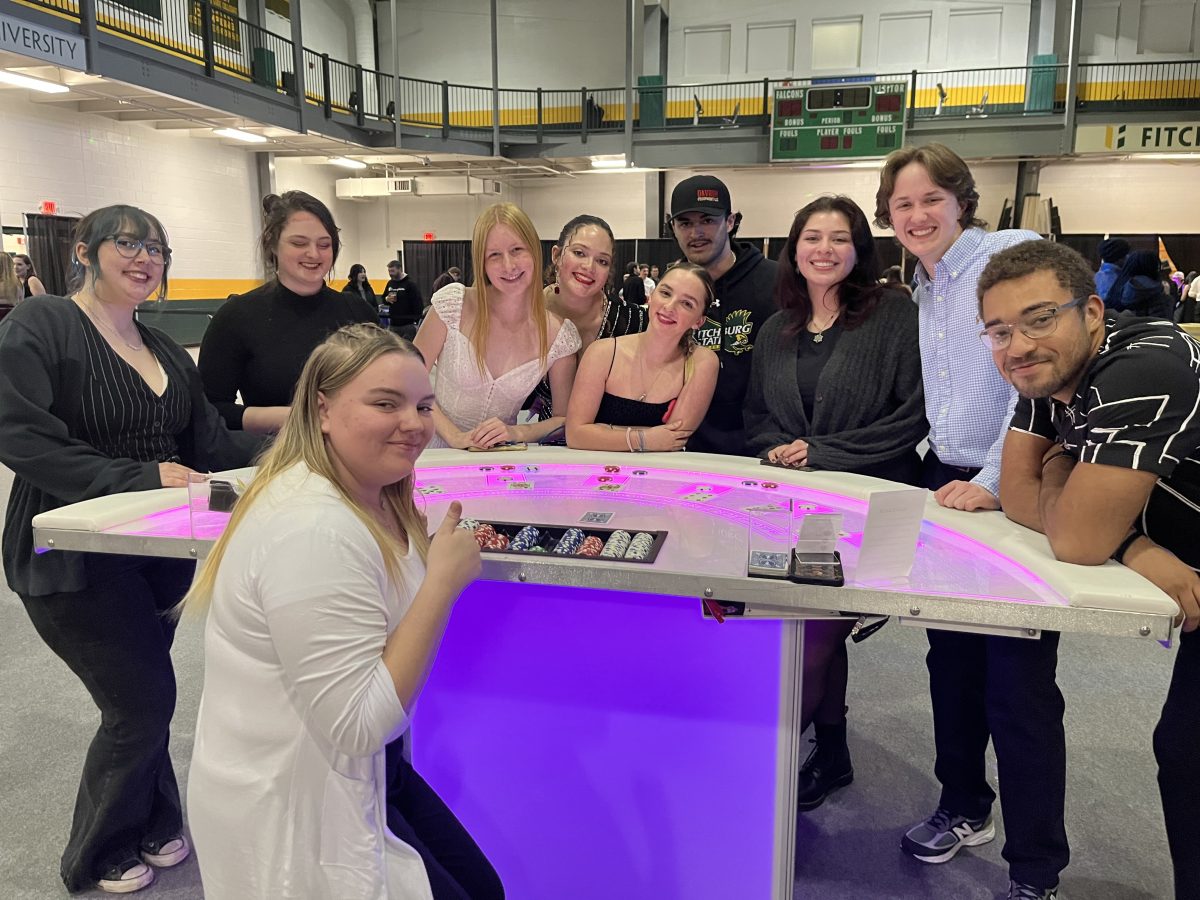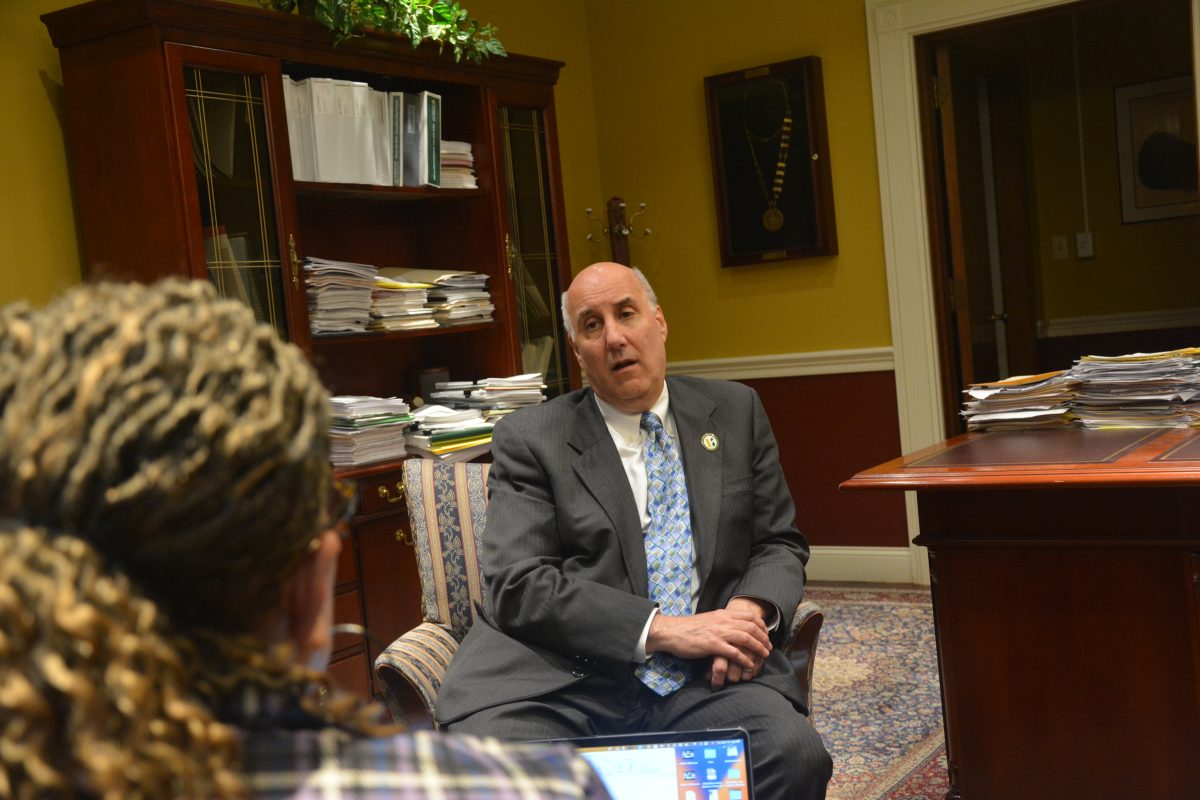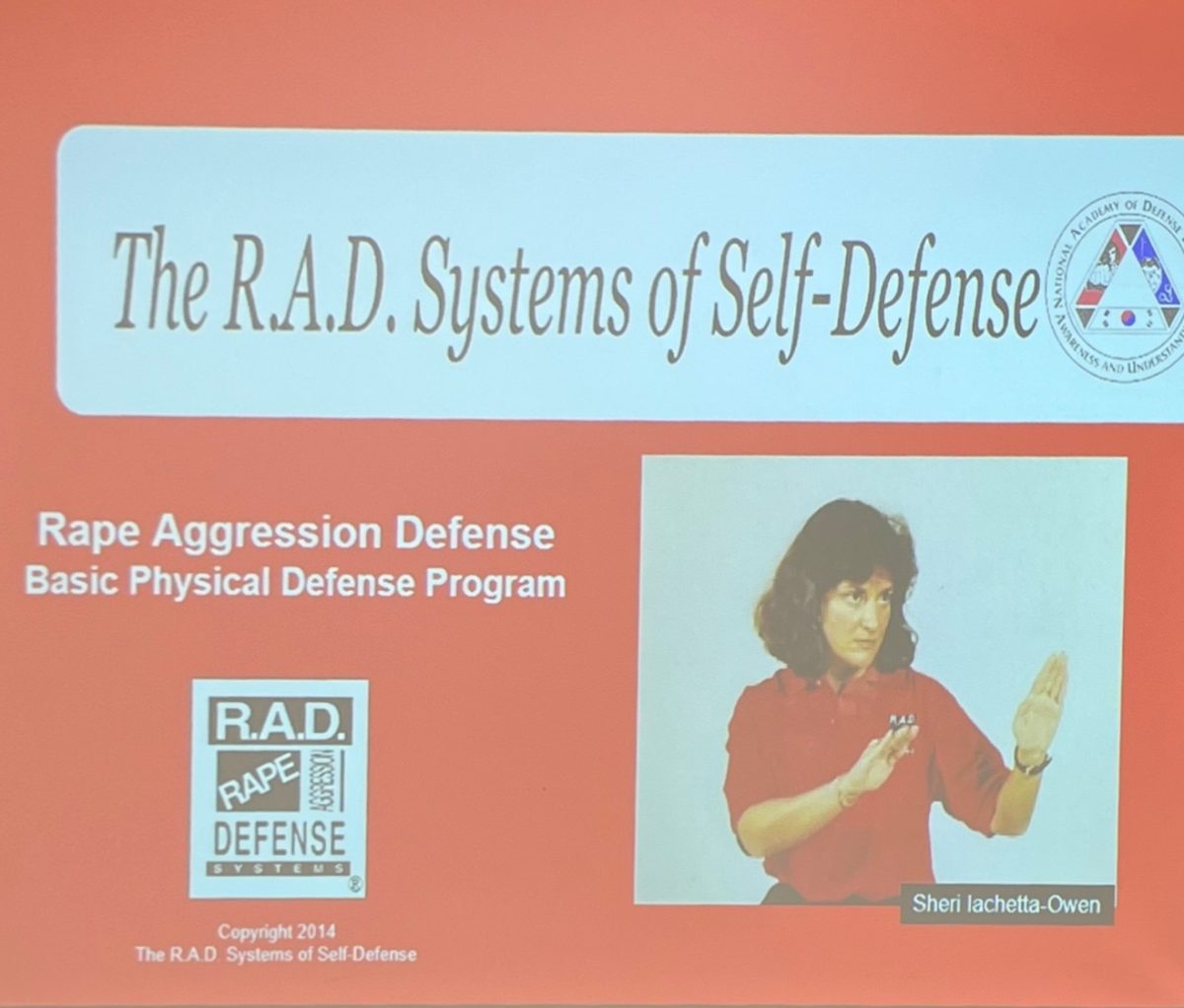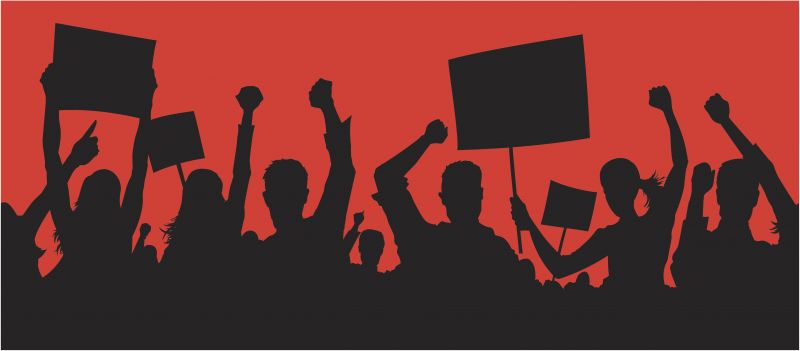
Last week, while my sons and I were spending our annual August visit with my parents in my hometown of Charlottesville, Virginia, the city was rocked by a number of violent events surrounding a white supremacist and Nazi rally. While the white supremacists and Nazis were most responsible for the violence (including the terrorist who ran over a number of counter-protesters with his car, killing Heather Heyer and injuring many others), they were met by anti-fascist activists, some of whom responded with violence as well.
This weekend in Boston, a “Free Speech rally” co-organized by a Fitchburg State University undergraduate brought more white supremacists (both the Massachusetts KKK and marchers with Confederate flags attended) and other extremists to Boston Common, where they were met by tens of thousands of counter-protesters. Fitchburg State’s President, Dr. Richard Lapidus, has already disavowed any link between the university and the rally, which parallels the FSU Student Government’s decision not to grant official club status to the Young Americans for Liberty branch that the student organizer has attempted to start on campus.
While each of these events has had myriad specific contexts and histories, both have raised questions related to free speech in the United States: whether it has limits and what they are; how best to respond to extremist and hateful speech and demonstrations; whether and how we—individually and collectively—are obligated to listen to and include in our conversations and spaces such speech and demonstrations.
By locating both free speech and the freedom to assemble peacefully in the 1st Amendment to the Constitution—making the federal protection of such speech and demonstrations part of the first group of rights guaranteed by the Bill of Rights, along with freedom of religion and freedom of the press—James Madison and his fellow Framers highlighted the importance they placed on these fundamental American rights. When, less than a decade after the Constitution was ratified, the Alien and Sedition Acts of 1798 threatened those and other rights, framers such as Madison and Thomas Jefferson responded vigorously, reaffirming that concepts such as “sedition” should not be used as bludgeons to limit either individual speech or communal activism in this new nation.
Yet the 1st Amendment is quite clear on the specific protection it affords these rights: “Congress shall make no law … abridging the freedom of speech …; or the right of the people peaceably to assemble, and to petition the Government for a redress of grievances.” The Amendment and Constitution, that is, provide guarantees that our speech and assembly can occur legally, free from government censorship or tyranny. What we say and do with our words and demonstrations, and what responses then follow, are separate and crucial questions.
This is particularly relevant when the content of speech and demonstrations is hateful, exclusionary, and even exterminationist. Free speech and the right to peaceably assemble are after all simply vessels, shells into which any words and actions can be put. In the case of the Charlottesville rally, as the stunning Vice documentary Charlottesville: Race and Terror details, Nazi and white supremacist ideologies were central to the planned words and actions from the outset. In the case of Boston, the rally focused more vaguely on “Free speech,” but nonetheless drew planned speakers and attendees from a number of extremist and hate groups (many of them withdrew after the events in Charlottesville, but they were on the planned schedule).
Moreover, it is far from a coincidence that the attendees of the Charlottesville rally came heavily armed, many with automatic weapons. Virginia is an “Open Carry” state, meaning that the ralliers were within their legal rights to carry such firearms. Yet by doing so, they made clear that their speech and demonstration were intended to intimidate those who would disagree with them, not to start conversations. Given the tragic attack in Portland, Oregon earlier this year, where three men who intervened when a white supremacist was harassing two young women were stabbed (two fatally) by the harasser (who then told police “that’s what liberalism gets you”), challenging such hate speech poses a clear threat, and the Charlottesville extremists amplified that threat by choosing to rally while so heavily armed.
Again, such armed protest is legal in an Open Carry state like Virginia, but that does not mean it will not or should not produce consequences. In the aftermath of the Charlottesville violence, the ACLU has decided that it will no longer defend protesters who insist on carrying loaded firearms. In a parallel but broader way, any individual or group who use their 1st Amendment rights to offer hateful and violent speech and demonstrations open themselves up to any number of potential responses, including at the very least being shouted down by counter-protesters (as was the result in Boston). Far from reflecting a failure of their rights to free speech or assembly, such responses indicate that those rights have worked exactly as intended: the protesters have exercised them legally, and then the content of what they have said and done has evoked appropriate responses.
I should be clear that I am not advocating for targeted individual responses, such as the campaigns to get all rally attendees personally identified and fired from their jobs (or expelled from college, etc.). Unless an individual uses his or her free speech rights in a specifically professional context—such as the Google employee who circulated a memo expressing discriminatory attitudes toward female colleagues and was rightly terminated for that action—I don’t believe such professional outcomes are warranted. (It is of course entirely different for those who commit crimes while at the rallies, such as the men who beat an African American man in a parking garage in Charlottesville; they should be identified and charged with the crime if at all possible.)
But there is a wide spectrum between being fired and being supported or engaged in conversation. Those who use their legal rights to express hateful, exclusionary, and exterminationist rhetoric make clear to their society that they do not deserve those most supportive or conversational responses. Just as they are legally free to speak and demonstrate to advance such hate, the rest of us are legally free—and I would argue obligated—to speak out against them, to use our voices and demonstrations (as did the counter-protesters in Boston) to offer a louder and more powerful perspective.
In so doing, we are not abridging their rights, nor limiting their ability to exercise those rights and express themselves in speech and demonstration. Indeed, we are illustrating that we have heard these perspectives very clearly, and are offering them the response required if we are to continue striving for an inclusive society, one in which hate and exclusion toward fellow Americans is challenged and countered. That is our right and our responsibility, individually and collectively.
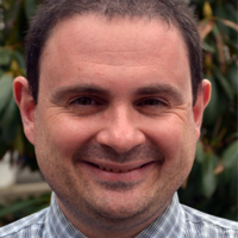
Ben Railton is Professor of English Studies and Coordinator of American Studies at FSU. He is the author of four books (most recently History and Hope in American Literature: Models of Critical Patriotism) and writes the daily AmericanStudier blog (http://americanstudier.blogspot.com). And he would love to chat more with any and all FSU students, by email ([email protected])

February 16, 2024
February 16, 2024
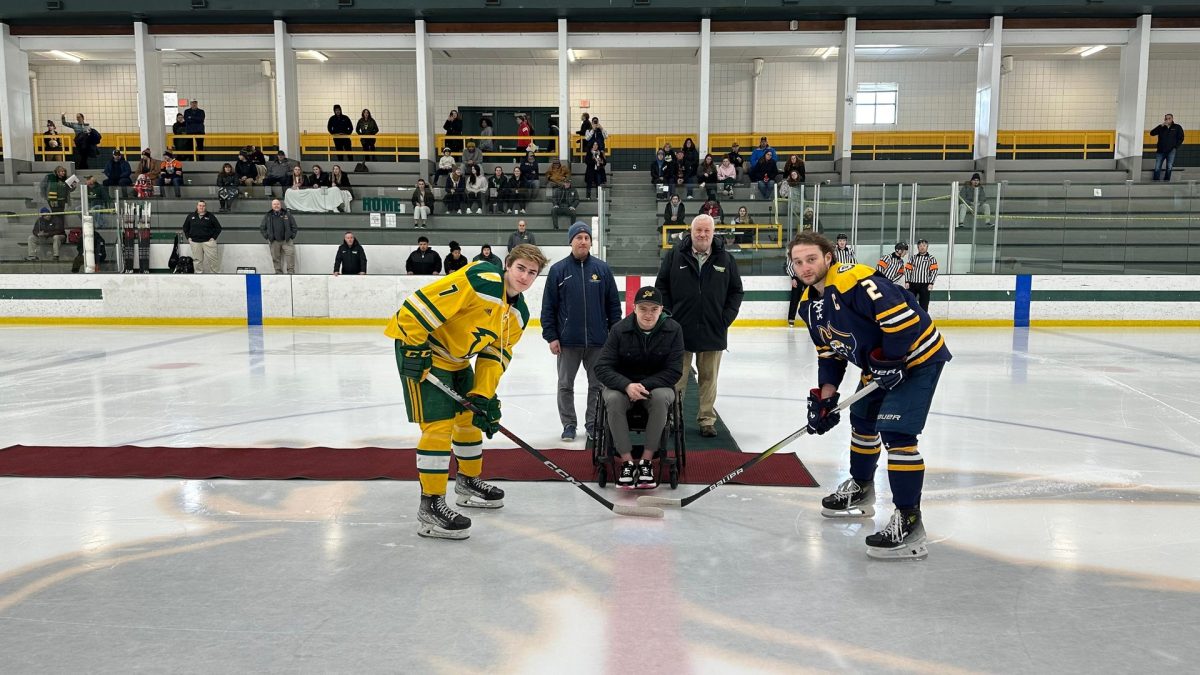
February 16, 2024

February 16, 2024
Trending Stories
Free Speech is Important, but What We Say and Do Is Crucial
August 26, 2017
Leave a Comment
More to Discover


